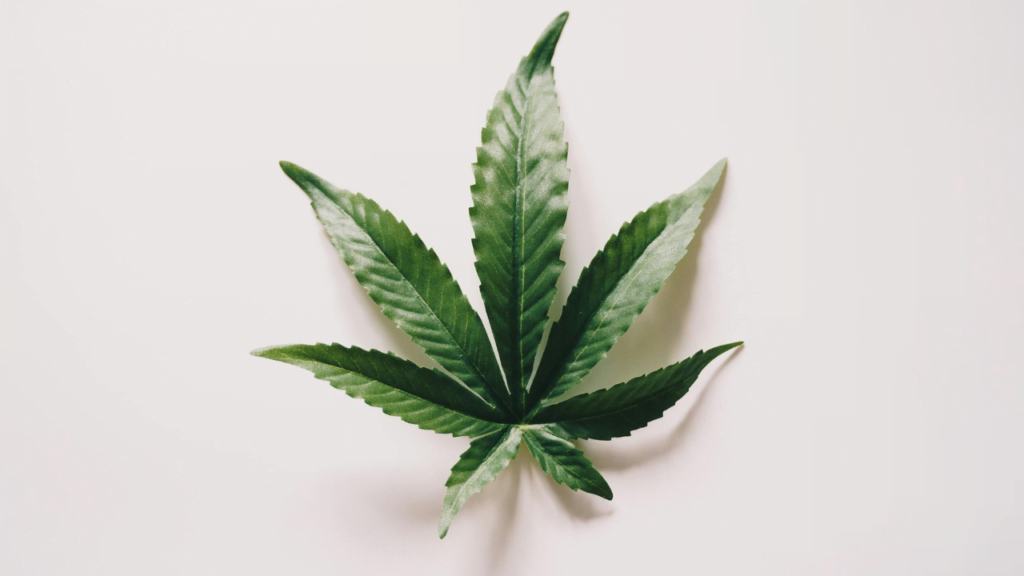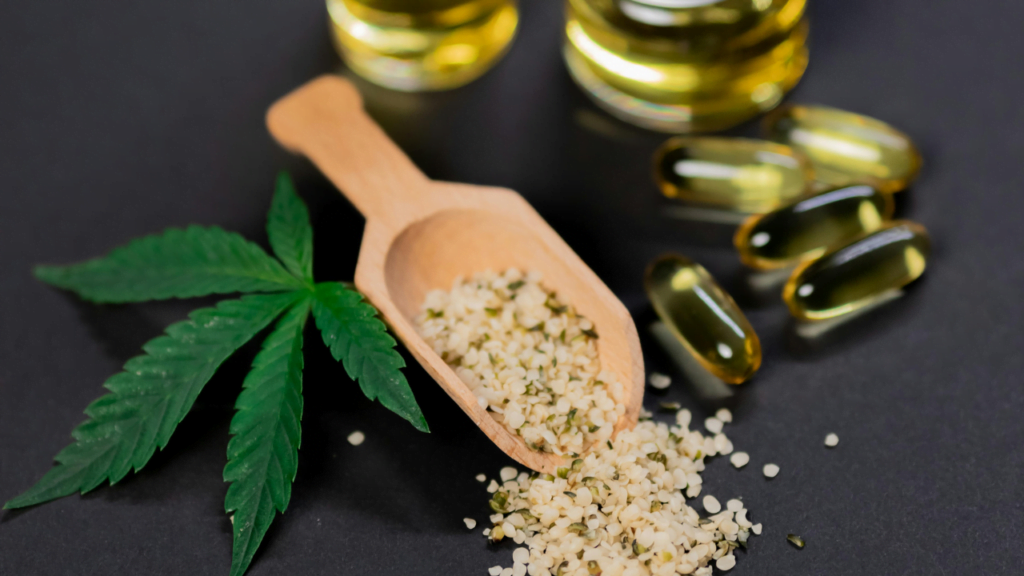Massachusetts stands at the forefront of progressive cannabis legislation, having legalized medical marijuana in 2012 and recreational cannabis in 2016. The state’s medical marijuana program offers relief to patients suffering from various chronic and debilitating conditions. However, as the green wave of cannabis legalization spreads, understanding the nuances of medical marijuana laws in Massachusetts and the potential risks associated with overconsumption is vital. Swift River is dedicated to educating the community and providing support to those who may struggle with marijuana use.
Overview of Massachusetts Medical Marijuana Laws
In Massachusetts, the medical marijuana program allows individuals with certain qualifying conditions, such as cancer, glaucoma, HIV/AIDS, hepatitis C, Crohn’s disease, Parkinson’s disease, and multiple sclerosis, to access cannabis for medicinal purposes. Patients must obtain a written recommendation from a certified healthcare provider and register with the Massachusetts Medical Use of Marijuana Program to receive a medical marijuana card.
Despite the therapeutic benefits of medical marijuana for many patients, the potential for misuse and overconsumption raises concerns, especially given the increasing potency of cannabis products available on the market.

Navigating Recreational Marijuana Laws in Massachusetts
In addition to medical marijuana, Massachusetts has also embraced the legalization of cannabis for recreational use. Since the passing of Question 4 in November 2016, the law has permitted adults aged 21 and older to possess, use, and grow marijuana for recreational purposes. This landmark legislation has opened new avenues for cannabis consumption but also introduced a set of regulations to ensure responsible use and public safety.
Key Points of Recreational Marijuana Laws in MA
- Adults may possess up to 1 ounce of marijuana on their person and up to 10 ounces at home, with any amount over 1 ounce required to be secured in a locked area.
- Individuals may grow up to 6 marijuana plants per person, with a household maximum of 12 plants, regardless of the number of adults.
- Public consumption of marijuana remains illegal, with cannabis use limited to private properties, subject to property owner discretion.
- Cannabis can be purchased from state-licensed dispensaries by individuals who present a valid government-issued ID to prove they are over 21.
- Driving under the influence of marijuana is illegal, with penalties similar to alcohol DUI. Massachusetts law bans open containers of any form of marijuana in the vehicle’s passenger area.
While recreational marijuana offers an alternative for adults to enjoy cannabis without the need for medical certification, it’s essential to understand and respect the laws governing its use.
The Risks of Overconsumption
While marijuana provides crucial relief for many individuals, the line between therapeutic and recreational use and overconsumption can sometimes blur. High-potency cannabis products can lead to tolerance, dependence, and in some cases, a substance use disorder.
Overconsumption of marijuana can adversely affect both physical and mental health, leading to issues such as:
- Cognitive impairments: Frequent and heavy use can affect memory, attention, and decision-making processes.
- Mental health problems: Excessive use has been linked to an increased risk of psychiatric disorders, including anxiety, depression, and psychosis in vulnerable individuals.
- Physical health concerns: Smoking marijuana can harm lung health, and overuse may exacerbate conditions like cardiovascular disease.
How Swift River Can Help
Swift River, nestled in the tranquil landscapes of Massachusetts, offers a sanctuary for those grappling with substance use disorders, including marijuana addiction. Our approach to recovery is comprehensive, blending traditional and holistic therapies to address the physical, emotional, and spiritual aspects of addiction.
Our programs include:
- Detox: Providing a safe and comfortable environment for withdrawal management.
- Behavioral therapies: Offering individual and group sessions to explore the root causes of addiction and develop coping strategies.
- Holistic treatments: Incorporating outdoor activities and other experiential/adventure therapies to support overall well-being.
- Family support: Engaging loved ones in the recovery process to rebuild trust and communication.
At Swift River, we understand that recovery is a personal journey. Our dedicated team works closely with each client to create a tailored treatment plan that aligns with their specific needs and goals.

Take the First Step Towards Recovery
If you or someone you care about is struggling with marijuana use, it’s important to seek help. The journey to recovery may seem daunting, but with the right support and resources, a healthier, substance-free life is within reach.
Contact Swift River today at 413-570-9698 to learn more about our addiction recovery programs and how we can help you or your loved one embark on the path to a brighter future. Together, we can overcome the challenges of addiction and pave the way for lasting recovery.












